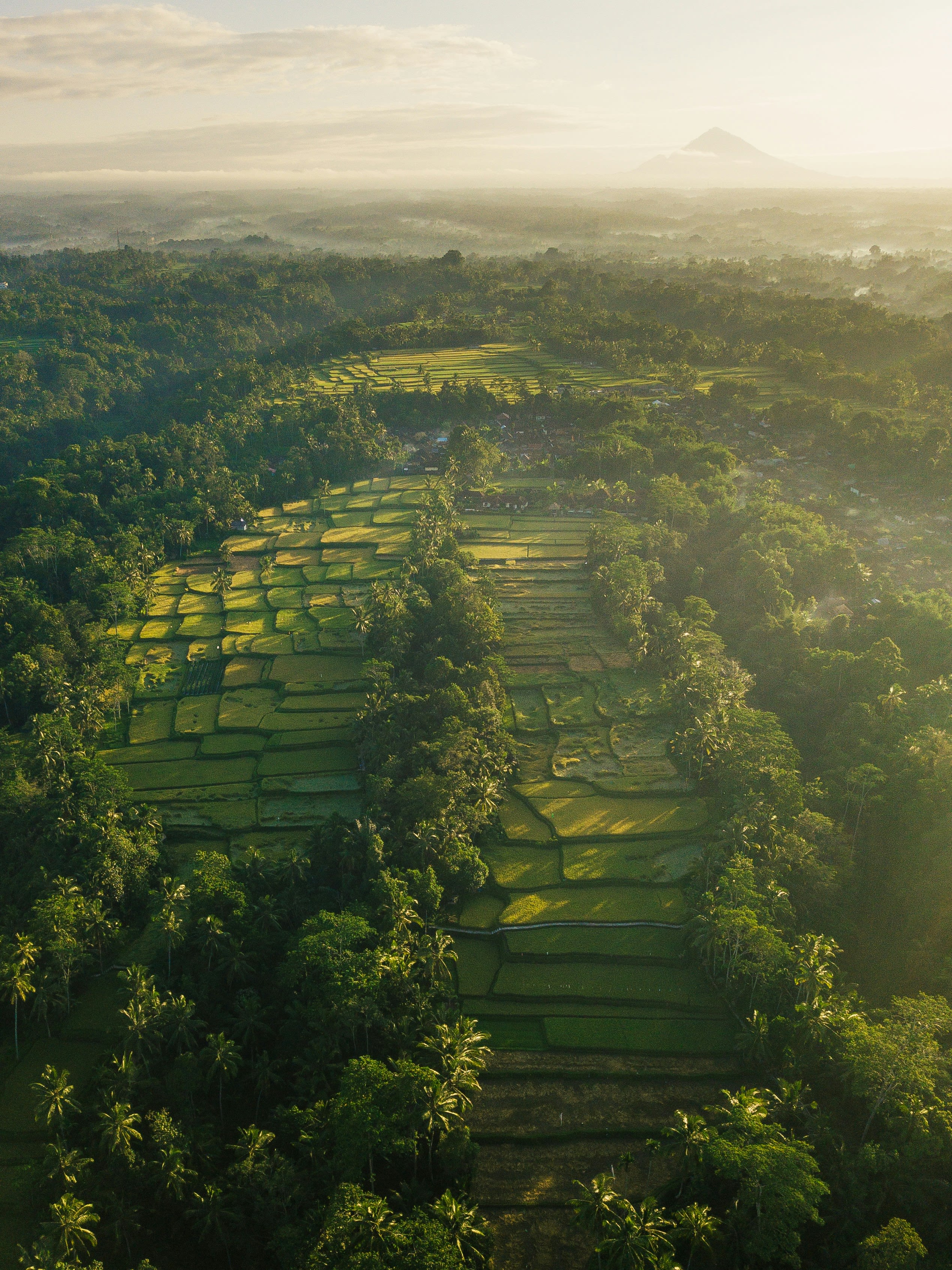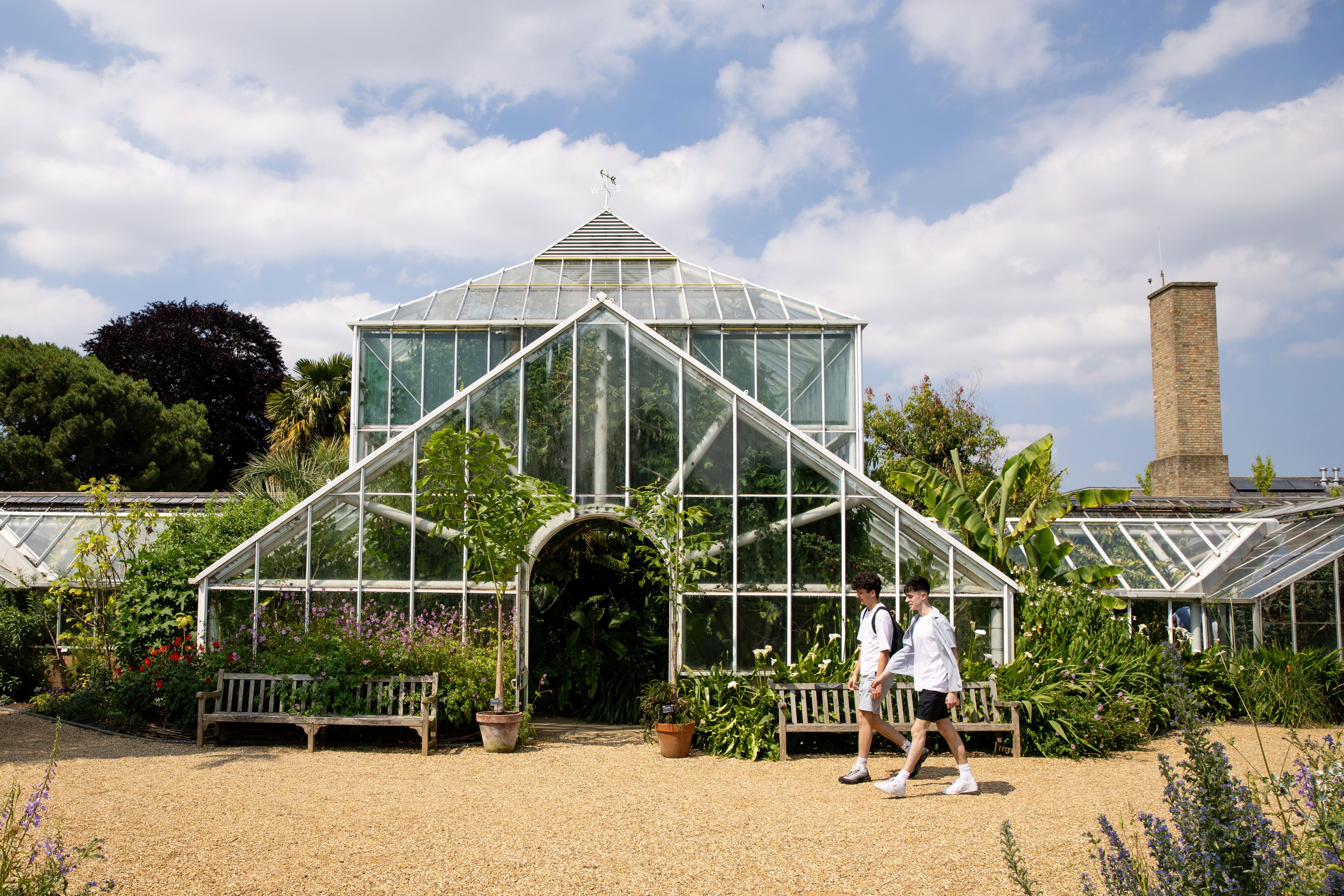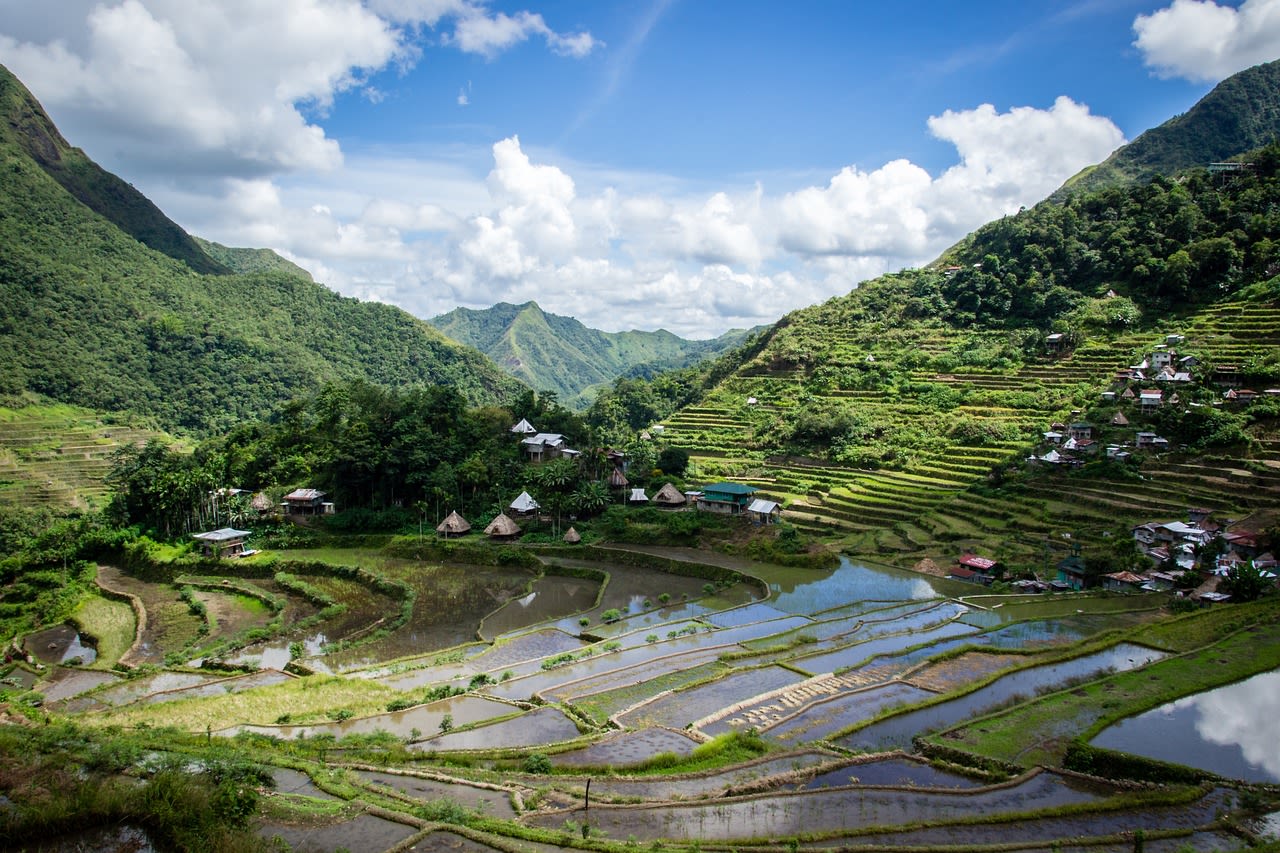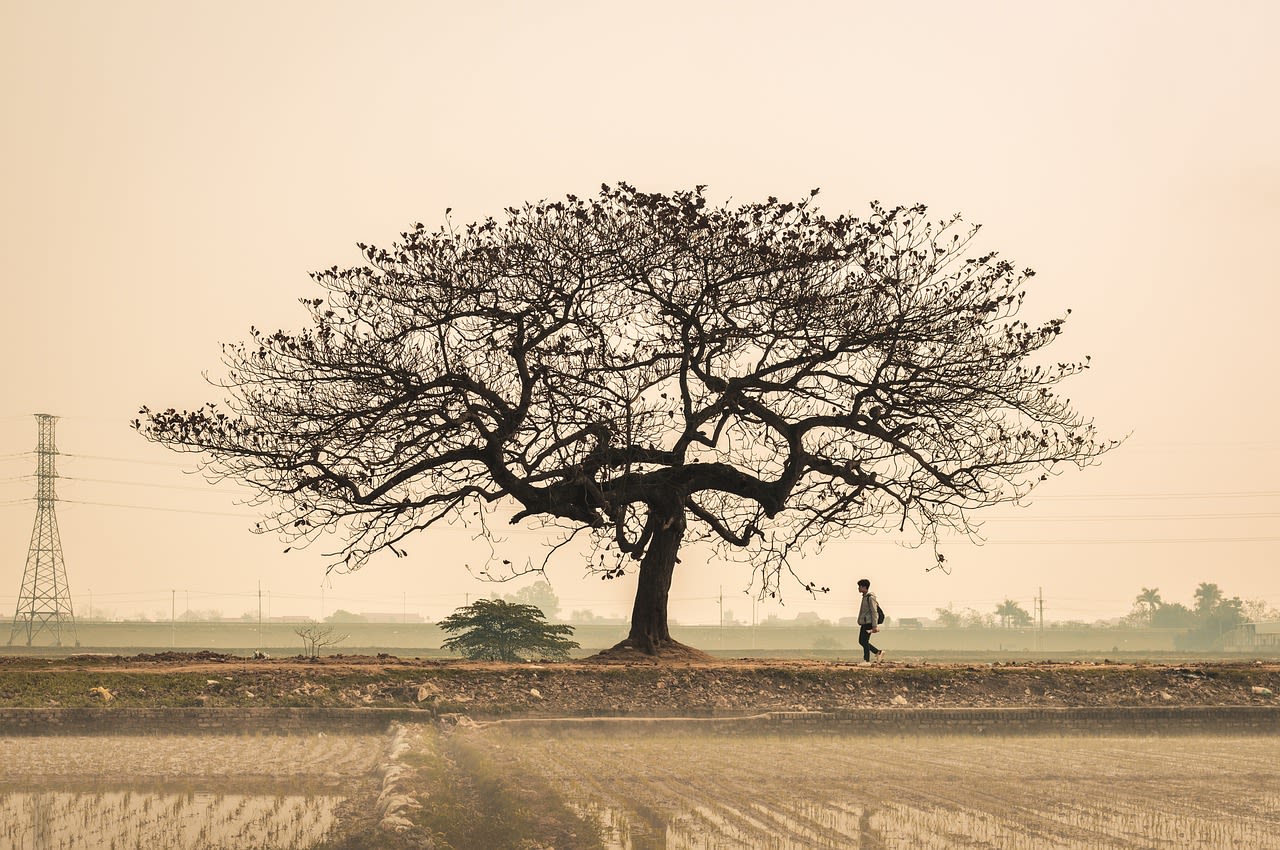Colonial Natures

European colonialism has impacted landscapes and environments around the world, in ways that can still be felt today. Many modern environmental issues, both regional and global, were influenced by colonial practices, which also affected how environmental knowledge was distributed.
This is the argument made by the Colonial Natures project. This new research network is run from the Department of History and Philosophy of Science, to research the historical links between colonialism and environmental issues. The researchers involved in Colonial Natures argue that understanding these links is necessary to engage with the exploitation of natural resources, the depletion of landscapes, or human-made climate change.
Biology and colonialism

From the 16th to the mid-20th century, large portions of the Earth were colonised at some point by European countries, such as Spain, Portugal, the Netherlands, France or the United Kingdom. Colonisation opened these areas for study by European scientists, leading to many transformative developments in the fields of biology, ecology or geography. Large numbers of natural history specimens were transferred to European institutions. Similarly, colonial scientists often appropriated the expertise of communities across the globe, leading to a concentration of knowledge in a handful of areas.
Professor Daniel Margocsy, a Professor in the History of Science, Technology, and Medicine and network lead for Colonial Natures, explains: “we are trying to understand the human decisions, social processes and political interventions that contribute to how nature is studied, exploited and transformed across the ages.”
Cambridge University is an example of an institution where the practice of science was intertwined with colonialism. A notable example is the Cambridge Herbarium, which contains thousands of plant specimens from plant collector Hugh Cuming’s Philippines expedition in the 1840s. However, Cuming's collection does not contain documentation about their uses by the local communities. With some of these plants now potentially extinct, it is all the more important to attempt to recover the environmental, medical and cultural knowledge connected to them.
Professor Daniel Margocsy, Professor of the History of Science, Technology and Medicine.
Professor Daniel Margocsy, Professor of the History of Science, Technology and Medicine.
“It raises the question-what understandings of plants, and nature in general, exist around the world? Might they sometimes provide curious avenues that are worth exploring?"
Establishing connections

International collaboration
To encourage this, those involved in Colonial Natures are collaborating with international researchers. Mercedes Planta, from the University of the Philippines Diliman, recently visited the Cambridge University Herbarium. She studied Hugh Cuming’s specimens as part of a project on medicinal history in the Philippines.
Hugh Cuming's Philippines specimens being studied, as part of an event organised by Colonial Natures.
Hugh Cuming's Philippines specimens being studied, as part of an event organised by Colonial Natures.
Going forward, through Colonial Natures, Margocsy aims to establish a forum for discussion about colonialism and the environment both within the university and across the globe. Researchers from outside Cambridge are encouraged to contribute, and Cambridge’s natural history archives will be available to scholars and communities from around the world. Colonial Natures aims to connect Cambridge’s resources and knowledge with expertise, knowledge and resources in other regions, to catalyse new research. Expanding the scope of scientific knowledge is important if we want to engage with the unequal effects of human-made climate change on Earth. There is growing evidence that many such issues are closely connected to the historical legacies of colonialism.
Deforestation in Indonesia
Margocsy cites the Indonesian historian Bondan Kanumoyoso’s research, on deforestation around the capital city of Jakarta in Indonesia, as an example. Deforestation in this archipelago, particularly for palm-oil plantations, is a highly important contemporary environmental issue. However, Kanumoyoso's pioneering work and Margócsy's current research point to a much longer history of deforestation in this archipelago, going back to the era of the Dutch East India Company. Having established a presence in the Indonesian archipelago in the 17th century to extract and export spices, the Dutch required timber to build more ships, to transport the spices back to Europe.
“So, what the Dutch East India Company needed was access to forests with timber for their purposes” explains Margocsy. “And they found teak forests on Java, which is now the most populated island in Indonesia”.
“They gained direct access to these forests in the 1670s, and within 30 years we have a report saying that it takes twelve days to transport timber from inland to the coast, because there are no teak trees left in between.”
In the centuries since, flooding and soil erosion have become common in many areas of Indonesia. The capital city of Jakarta is so flood-prone that it is likely to be submerged by the end of the 21st century. In preparation, Indonesia has begun the construction of Nusantara, a new capital city on the island of Kalimantan.
Margocsy argues that it is important to understand this flooding and erosion in the context of the long-term historical processes of deforestation. He points to similar case studies in India or the Americas, which were also the sites of large-scale deforestation under colonialism. The science of forestry was created partly in response to this, to more effectively manage these depleted habitats.
Logging in Indonesia, early 20th century.
Logging in Indonesia, early 20th century.
Flooding in Southern Malang, East Java, 1938-9. Flooding has been a frequent issue in this area, and is likely to become worse in the future.
Flooding in Southern Malang, East Java, 1938-9. Flooding has been a frequent issue in this area, and is likely to become worse in the future.
A post-colonial environmentalism

There are parallels between colonial histories and the ongoing climate crisis, and the Colonial Natures hopes to unveil the complex roles that scientific knowledge plays in navigating these links.
“What we are saying is that it is not helpful to conceive of climate change and environmental transformation as processes that can be magically solved by quick scientific and technological interventions,” says Margocsy. “We need to understand the social, political and historical processes that contributed to it, and explain why some regions of the earth are more affected than others. And we need to find solutions that involve changing societal attitudes and political hierarchies, as opposed to promising a quick technological fix. And that is where the study of history becomes crucial.”
Hugh Cumings' Philippines specimens being studied in the Cambridge University Herbarium, as part of Colonial Natures.
Hugh Cumings' Philippines specimens being studied in the Cambridge University Herbarium, as part of Colonial Natures.
Professor Dániel Margócsy
Dániel Margócsy is Professor in the History of Science, Technology and Medicine at the University of Cambridge. Having received a PhD in the History of Science from Harvard University in 2009, he has since pursued research on the role of commerce, trade networks, and colonialism in the sciences.
He is the recipient of fellowships from a variety of organisations, including the British Academy, the Herzog August Bibliothek, and the Max Planck Institute for the History of Science. His published books include 'Commercial Visions: Science, Trade, and Visual Culture in the Dutch Golden Age' and 'The Fabrica of Andreas Vesalius: A Worldwide Descriptive Census, Ownership, and Annotations of the 1543 and 1555 Editions'.
Margócsy's current research examines how coloniality, postcoloniality and violent encounters have shaped the emergence of power structures in science, medicine and technology.
HSS Research Framework
This project is supported by the School of the Humanities and Social Sciences (HSS) Research Framework.
The HSS Research Framework is a major initiative which aims to facilitate interdisciplinary connections across the School and beyond.
Led by one of our Academic Project Directors, this initiative aims to foster closer connections between researchers, and across disciplines; offer improved avenues of communication; and strengthen the environment for collaborative research.
Find out more about the Research Framework and other research support available from the School.






